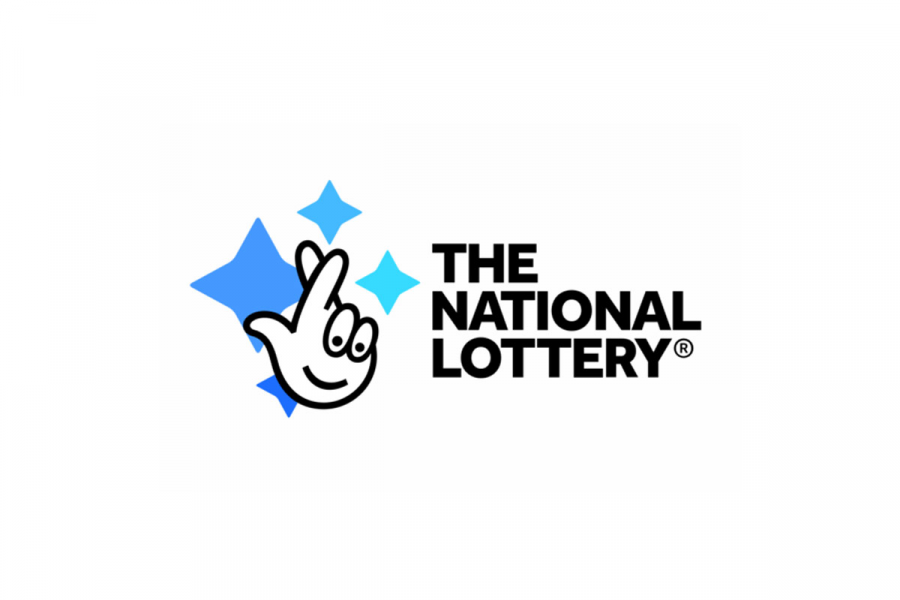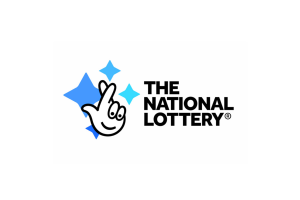Controversy reigns in UK National Lottery tender

The tender again looks to be controversial, and that’s before the winner’s even been announced.
UK.- The tender for the fourth UK National Lottery licence has been the most open since the lottery began, with four bidders in the race.
But while it looked very much like Camelot might lose control of a lottery that it has run since its inception in 1994, reports that it’s now the favourite are causing controversy before a formal decision has even been made.
The Gambling Commission has emphasised that no decision has yet been made and has denied reports that Camelot scored most highly on its selection criteria, but the doubts are already brewing around a competition that’s not been short of controversy in the past.
The UK National Lottery tender: what’s at stake
Since it began in November 1994, the UK National Lottery has been the most popular form of gambling in the UK. Despite the UK being ranked 59th in the world in terms of per-capita lottery spending, the lottery is one of the world’s largest.
It’s raised over £40bn for good causes and contributed close to £20bn in lottery duty to the UK government. However, although around 96 per cent of revenue goes towards winnings, good causes and the government, the lottery still generates huge profits for its operator, with Camelot making £78m in 2020. National Lottery sales for the first half of the current financial year reached a record.
History of UK National Lottery tenders
The first UK National lottery tender in 1993 attracted no fewer than seven bids from would-be operators competing – a level of competition that would never be repeated. Camelot won the bid and successfully rolled out the massive infrastructure required for the inaugural draw in November 1994 that was accompanied by a palpable sense of excitement.
However, despite the sheen already starting to wear off by the time the first retender came around, future competitions lacked, well, competition.
The second licence in 2001 was highly controversial, initially being awarded to Virgin owner Richard Branson’s People’s Lottery only for Camelot to take legal action complaining of abuse of power and unequal treatment (Branson had been given extra time to refine his bid).
The licence was finally handed back to Camelot and Branson desisted from pursuing legal action.
The third tender process in 2007 attracted just one rival to Camelot – India’s Sugal & Damani. Again the possibility of legal action surfaced after Sugal & Damani lost the bid and accused the National Lottery Commission of granting Camelot a “licence to underperform”.
This time round, the tender has looked like a real competition, with four contenders: The Czech lottery giant Allwyn (formerly Sazka), Italy’s Sisal (which is now being acquired by the UK’s Flutter) and Richard Desmond’s Northern & Shell.
While Camelot and Northern & Shell have been rather quiet about their bids, Allwyn and Sisal have drummed up a lot of publicity with high-profile appointments to their teams.
Meanwhile, Camelot which was bought by the Ontario Teachers’ Pension Plan in 2010, has been attacked from all sides for lowering odds, doubling the price of tickets, shaving off more profits, failing to reinvigorate is marketing, missing the boat on digitalisation and for being slow in raising the minimum age of play from 16 to 18. This led many operators to believe this time Camelot would finally be seen off.
The National Lottery tender: what changed
With Camelot looking in danger of finally losing the National Lottery, what changed? According to reports in the Telegraph last week, the Gambling Commission has now chosen the operator as its preferred bidder according to a points-based criteria.
Over the weekend, the Daily Mail has since claimed to have weeded out more details on the behind the scenes, and that it’s all about risk. The Mail claims that Allwyn was the favourite with its plan to slash ticket prices back to £1 and to hold two draws on one night.
However, it’s learned that Allwyn fell back into second place after the Gambling Commission carried out a “risk factor” assessment.
It claims officials decided Camelot should get “preferred bidder” because its 27-year track record meant it was a lower risk choice. The paper also said there were fears that Allwyn’s plan to slash ticket prices would mean a drop in revenue.
It’s been reported that Flutter CEO Peter Jackson wrote to the Gambling Commission to support Sisal’s bid, arguing that the lottery should be given to a UK-registered operator, but if the latest reports are true, it seems the Gambling Commission may have decided that the lowest risk at all was to stick with that it knows.
The Gambling Commission is due to make a recommendation on its choice of the preferred bidder to Nadine Dorries, the culture secretary, later this month. It insists that no decision has yet been made.











